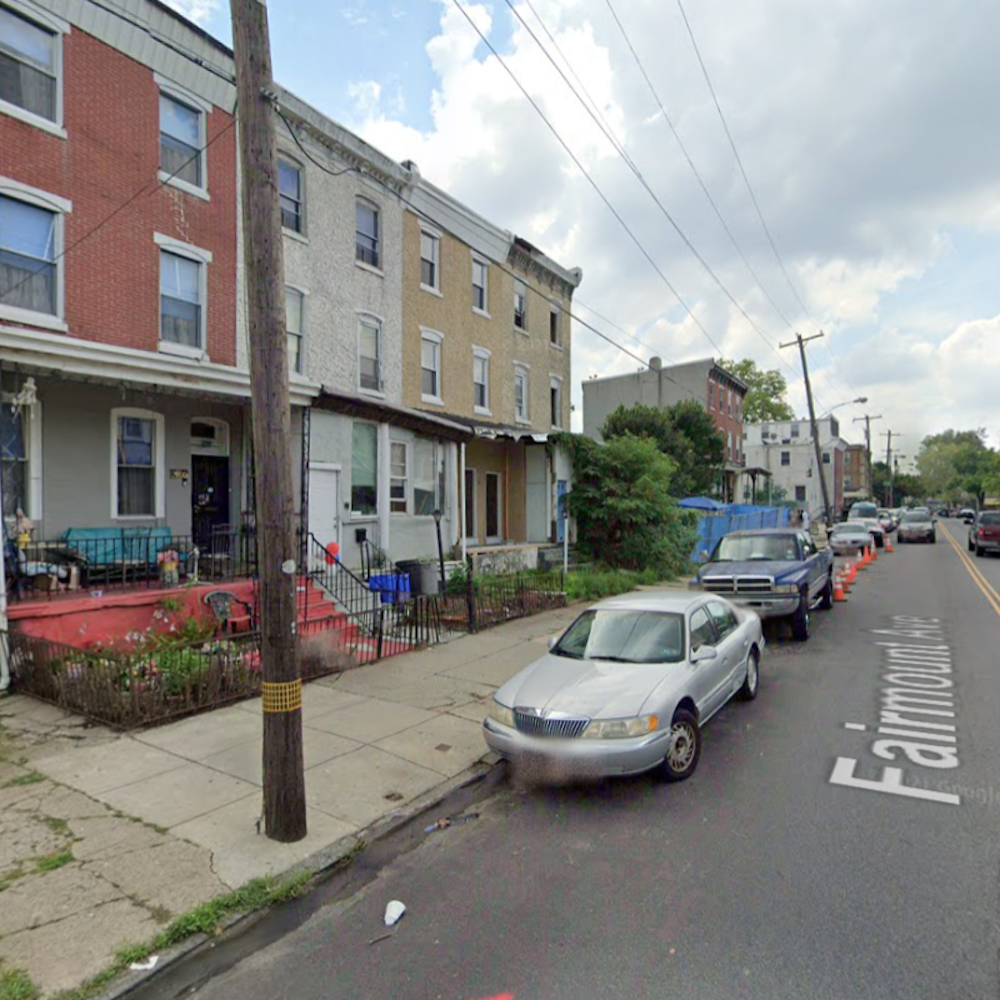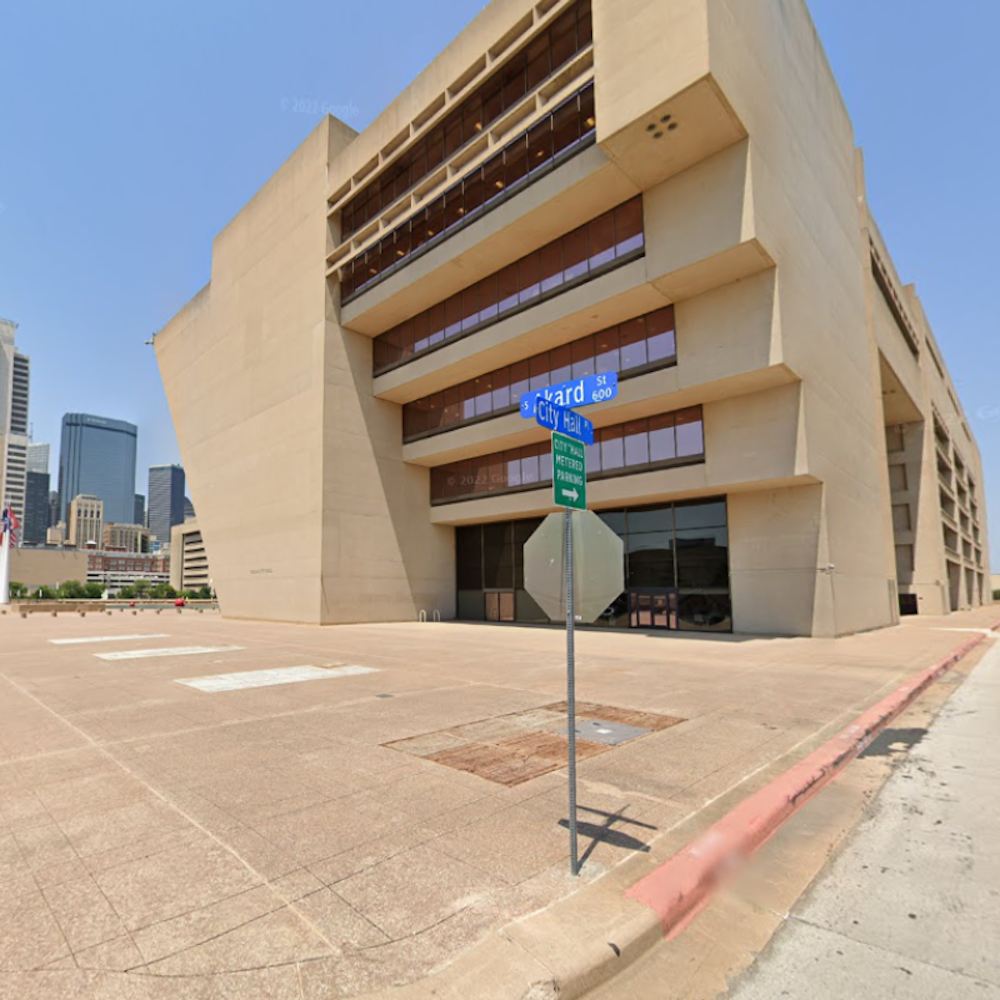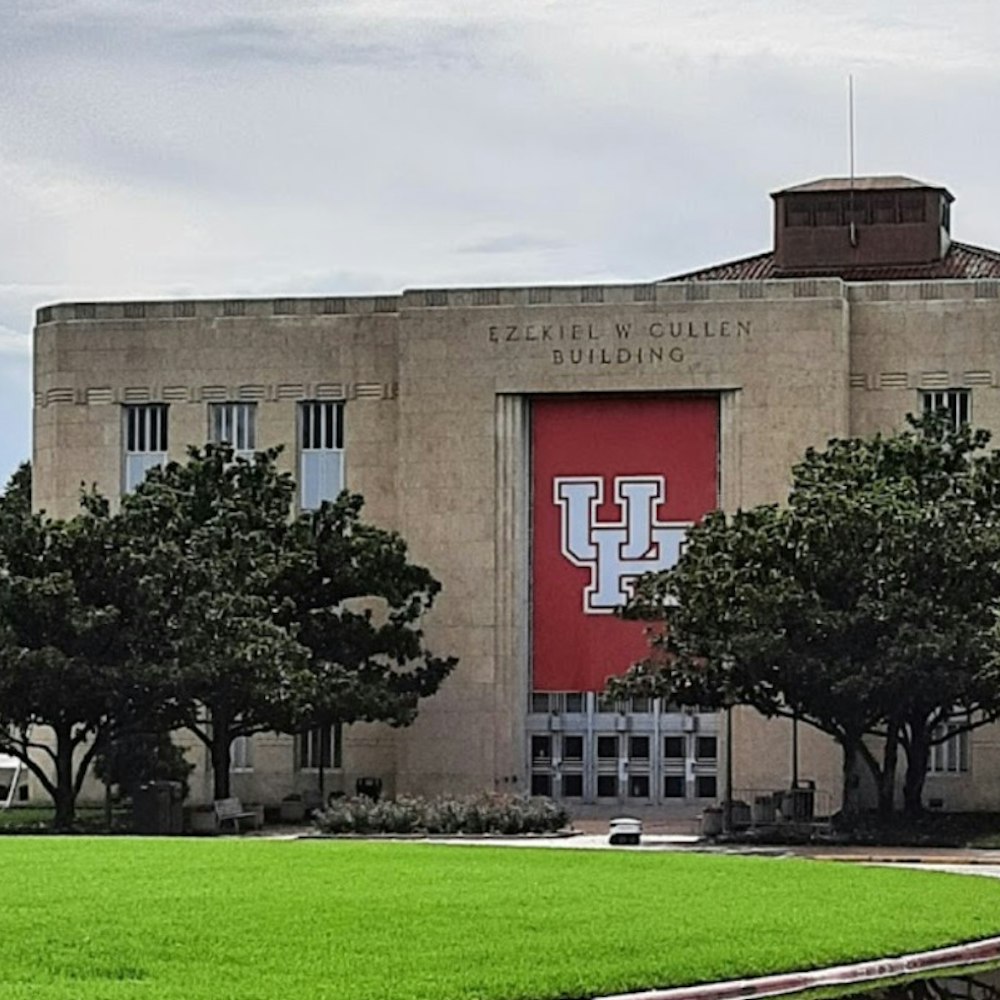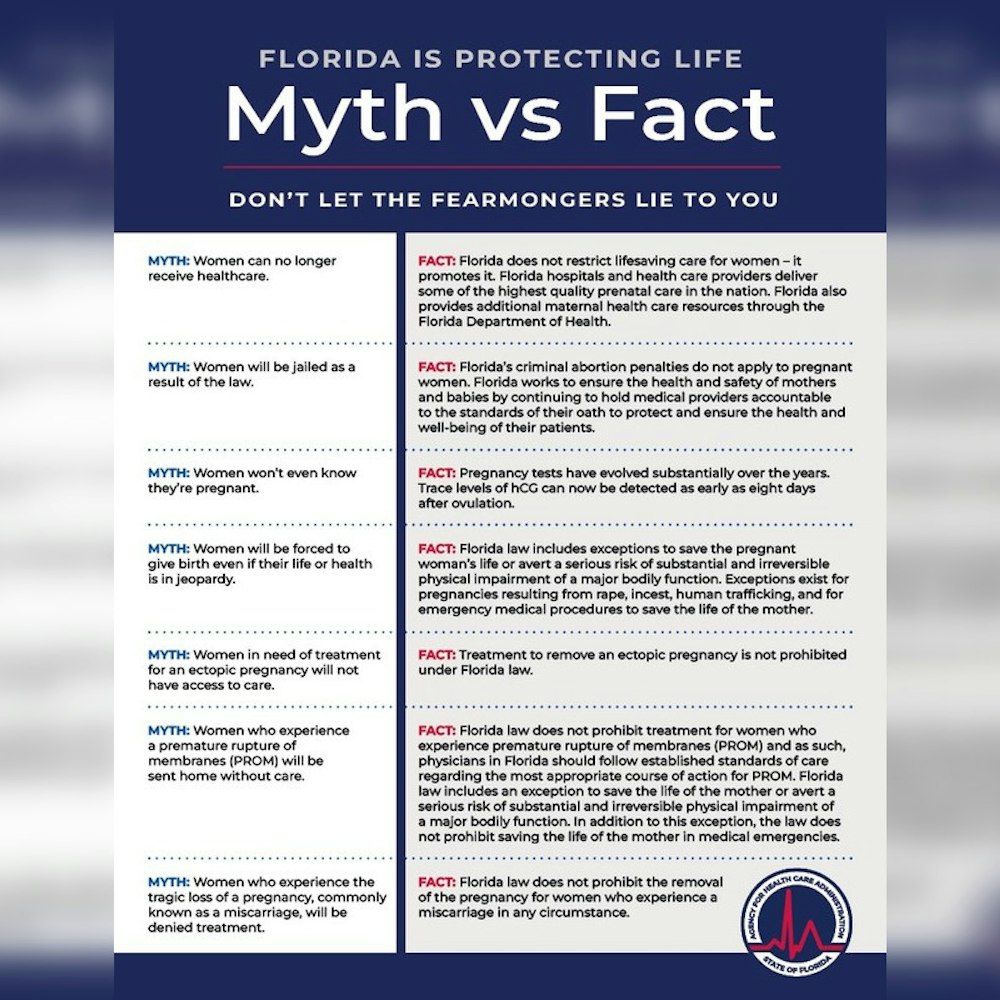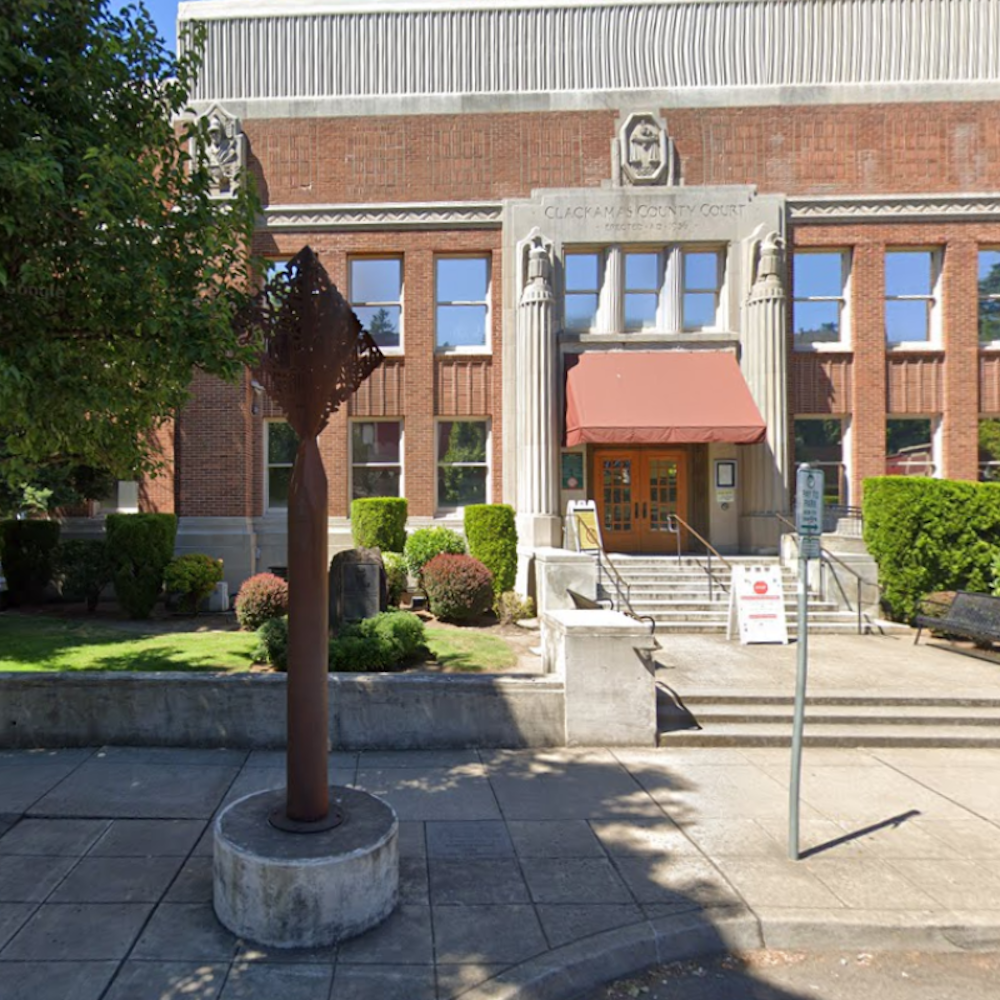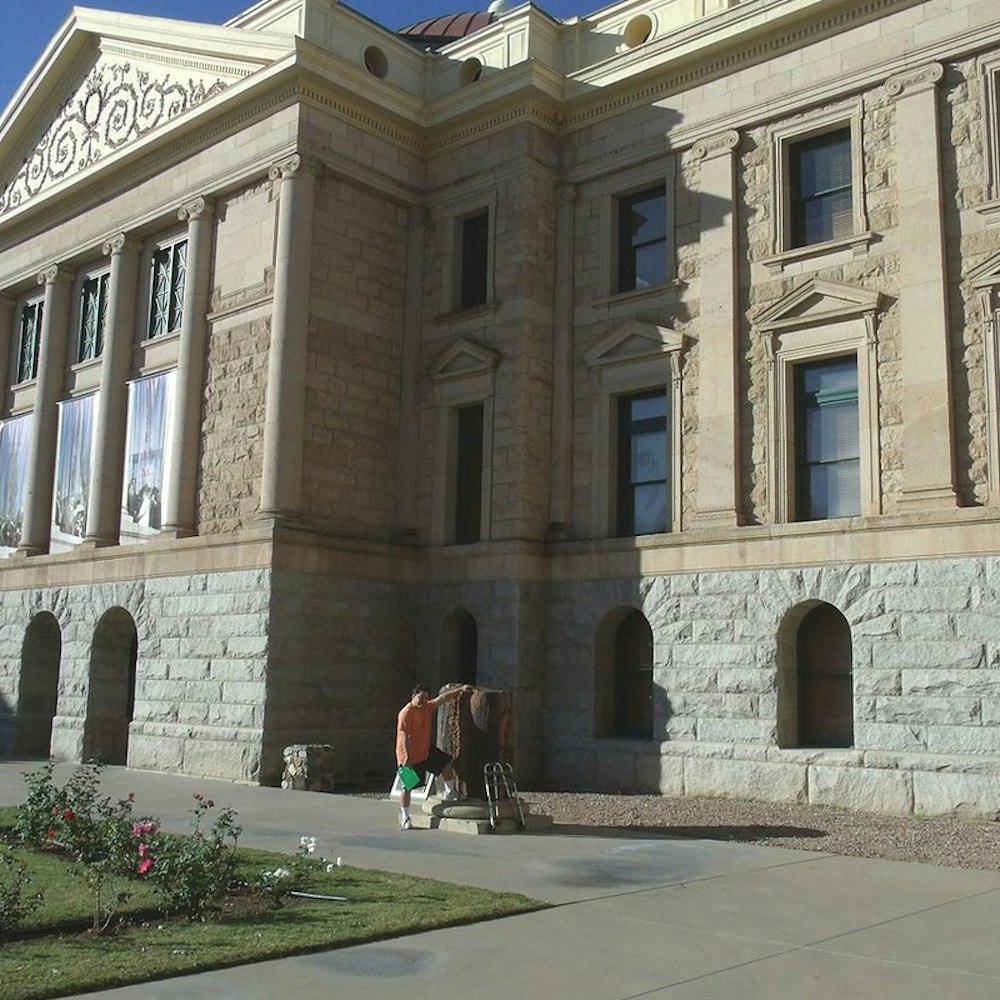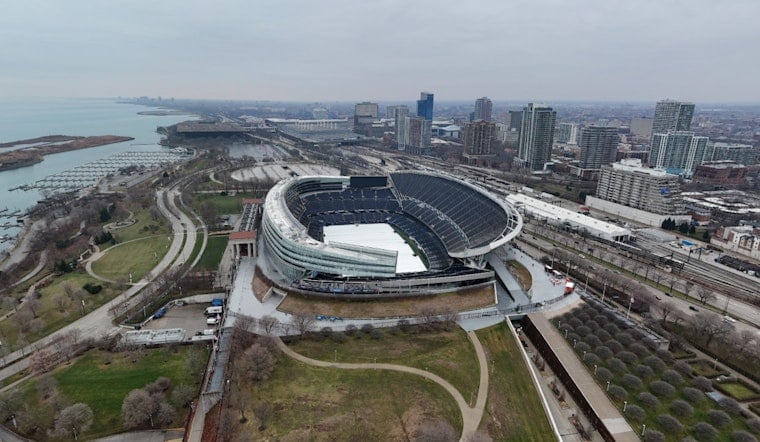
The Chicago Bears are gearing up to score a touchdown with their plan for a new domed stadium on the city's cherished lakefront. The Bears have slated a press conference for Wednesday at Soldier Field, where they are expected to lay out the blueprint for a state-of-the-art, publicly-owned stadium that would ultimately see the demolition of the current landmark, as detailed in a report by the Chicago Tribune. The announcement comes on the eve of the Bears' No. 1 pick in the NFL draft, showcasing a potential game-changer not only for the franchise but for the city's landscape.
The ambitious project is estimated to cost between $2.5 billion to $3 billion, plus an additional $1 billion for surrounding infrastructure improvements. Despite the hefty price tag, the Bears have committed to forking over $2 billion from their private coffers, as per their statement. Amidst concerns over taxpayer burdens, especially in light of the $631 million still owed for Soldier Field, Mayor Brandon Johnson has been clear: "Ownership has to put some skin in the game" and rebuffed ideas of introducing new taxes to finance stadiums for the sports giants, as he told the Chicago Tribune.
The proposed site, which sits on current parking lots just south of the existing stadium, would integrate the historical colonnades from Soldier Field into its modern design. The plan may also include a hotel and better access to and from DuSable Lake Shore Drive, in an attempt to create a flourishing social and economic hub for locals and visitors alike. This follows a thwarted attempt by the Bears to relocate after property tax negotiations tied to the Arlington International Racecourse property fell through, as reported by CBS News.
Mayor Johnson has emphasized that whatever plans the Bears have in store, they must serve the public interest. "That's what I've been pushing," Johnson remarked to CBS News. The Mayor also highlighted the importance of a venue that can be utilized year-round, not just for the gridiron clashes, but for the community's pleasure as well. The goal is to fashion a space that enriches the public experience with increased green spaces along the prized lakefront.
Notwithstanding the civic promises, Governor J.B. Pritzker has made it known he's not keen on dipping into public coffers to bolster a private enterprise. The pending announcement is poised to ignite discussion on the proper balance of private investment and public benefit, a debate as old as the very sports institutions that rest at its heart. The Chicago skyline may be up for a redesign, but the foundation of financial responsibility remains the cornerstone of the city's ethos.

